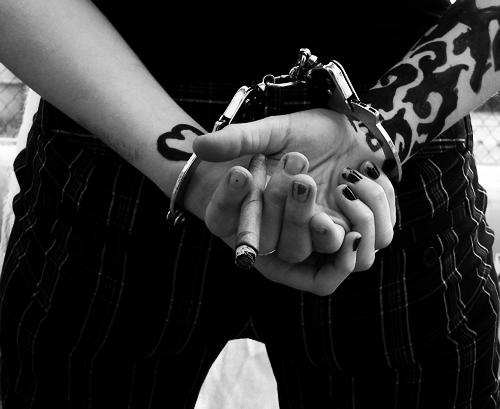The use of emojis in sex trafficking is a disturbing trend that highlights the dark side of online communication. Emojis, originally intended to add emotional nuance to digital conversations, are now being misused by traffickers to facilitate the exploitation of victims. The seemingly innocent symbols can be used to convey coded messages, arrange illicit transactions, and evade detection by law enforcement.
In the digital age, where communication happens at a rapid pace and across various platforms, emojis provide a convenient way for traffickers to communicate with each other and with potential clients. By using certain emojis as symbols for specific services or actions, traffickers can discreetly advertise their illicit activities and coordinate their operations. This clandestine use of emojis makes it difficult for authorities to detect and track trafficking activities, leading to the further exploitation of victims.
The use of emojis in sex trafficking also raises concerns about the impact of technology on vulnerable populations. Traffickers prey on individuals, often minors, who are susceptible to manipulation and coercion. By leveraging emojis in their communication tactics, traffickers exploit the familiarity and widespread use of these symbols to lure their victims into exploitation. The use of emojis normalizes the exploitation of individuals and perpetuates the cycle of abuse in the digital realm.
Furthermore, the use of emojis in sex trafficking underscores the need for increased awareness and vigilance in online spaces. It is crucial for individuals, especially parents and guardians, to educate themselves and their children about the dangers of online communication and the potential misuse of symbols like emojis. By understanding the ways in which emojis can be co-opted for nefarious purposes, individuals can better protect themselves and their loved ones from falling victim to traffickers.
In the fight against sex trafficking, technology companies, law enforcement agencies, and advocates need to work together to combat the use of emojis as tools of exploitation. By implementing stricter policies and monitoring mechanisms to identify and disrupt trafficking activities, stakeholders can mitigate the harm caused by the misuse of emojis in trafficking operations. Additionally, Shared Hope Interntional is working to raise awareness about the intersection of technology and trafficking to empower communities to recognize and report suspicious online behaviors.
Ultimately, the use of emojis in sex trafficking highlights the urgent need for a multi-faceted approach to address the complex challenges posed by modern-day exploitation. By acknowledging the role of technology in facilitating trafficking crimes and taking proactive steps to prevent and combat such abuses, we can strive towards a safer and more secure online environment for all individuals.
Emojis, can add fun to our online communications making our days more enjoyable and should not be allowed to serve as tools of oppression and exploitation in the digital age.
 d distributing child pornography should carry high penalties. State’s laws are analyzed and graded to ensure that convicted traffickers must register as sex offenders and parental rights should be terminated for convicted sex traffickers.
d distributing child pornography should carry high penalties. State’s laws are analyzed and graded to ensure that convicted traffickers must register as sex offenders and parental rights should be terminated for convicted sex traffickers. One of the
One of the 





